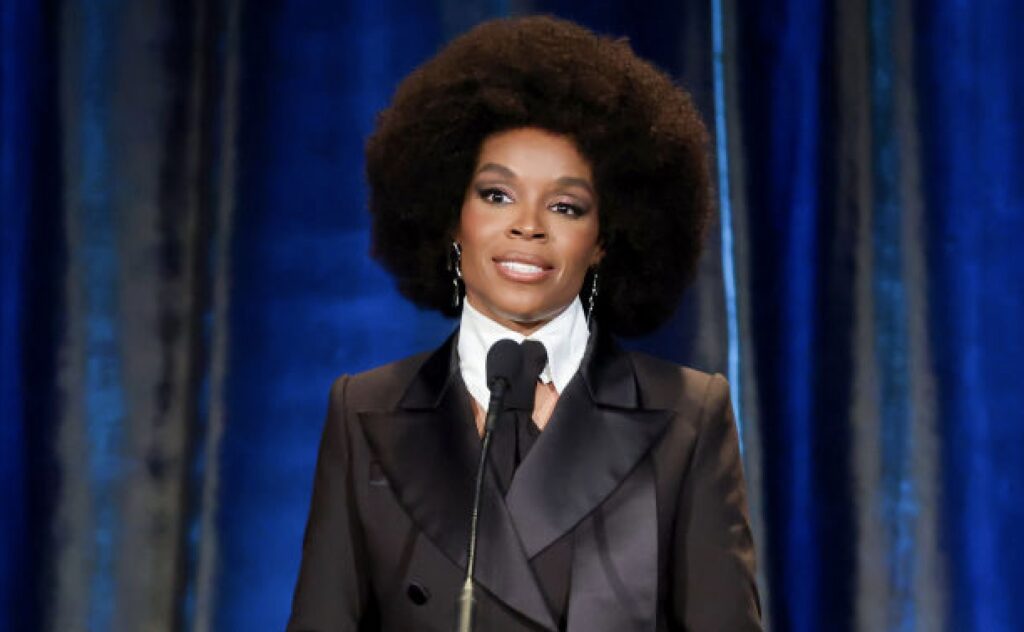Americans May Get $1000 Checks For Economic Relief From Coronavirus Outbreak

The checks could amount to $1000 or even more, and they could go out by April.
The Trump administration announced plans to send $250 billion in direct payments to United States citizens as part of a $1 trillion economic stimulus package.
The proposal is likely to do well with Congress, as both Republican and Democrat lawmakers have come forward with their own suggestions for relief checks.
On Monday, Utah Sen. Mitt Romney called to send every adult a $1000 check, and his proposal quickly gained bipartisan support. Rep. Ilhan Omar of Minnesota also introduced a bill to send $1000 to each adult and $500 to each child.
The final checks could amount to even more than $1000, per the White House announcement on Tuesday. Sen. Cory Booker of New Jersey, Michael Bennet of Colorado, and Sherrod Brown of Ohio have proposed sending as much as $4500 to every American, adult or child.
The White House has already moved to expand paid sick leave, unemployment insurance, and SNAP benefits. But a direct check would help “fill the gaps for Americans that may not quickly navigate different government options,” per a press release from Romney’s office.
Treasure Secretary Steven Mnuchin explained the White House’s plan during a Tuesday news conference. “Americans need cash now, and the president wants to get cash now,” Mnuchin said. “And I mean now in the next two weeks.” The White House said that if Congress acts quickly, the checks could go out by late April.
He also reiterated that the money will go towards people who need it most, explaining, “We don’t need to send people who make a million dollars a year checks.” It’s unclear what the cutoff will be exactly, but Rep. Tim Ryan of Ohio and Ro Khanna of California have proposed giving $1000 to anyone who makes less than $65,000.
This plan isn’t unprecedented. During the 2001 and 2008 recessions, American adults received $400 to $600 checks. These were technically “tax rebates,” while the coronavirus checks would simply be direct cash payments. People would not have to apply for the payments, and there are no rules for how to use the money.
The final bill will likely include other economic relief provisions, including grants for small businesses and a $300 billion deferment in IRS payments.











